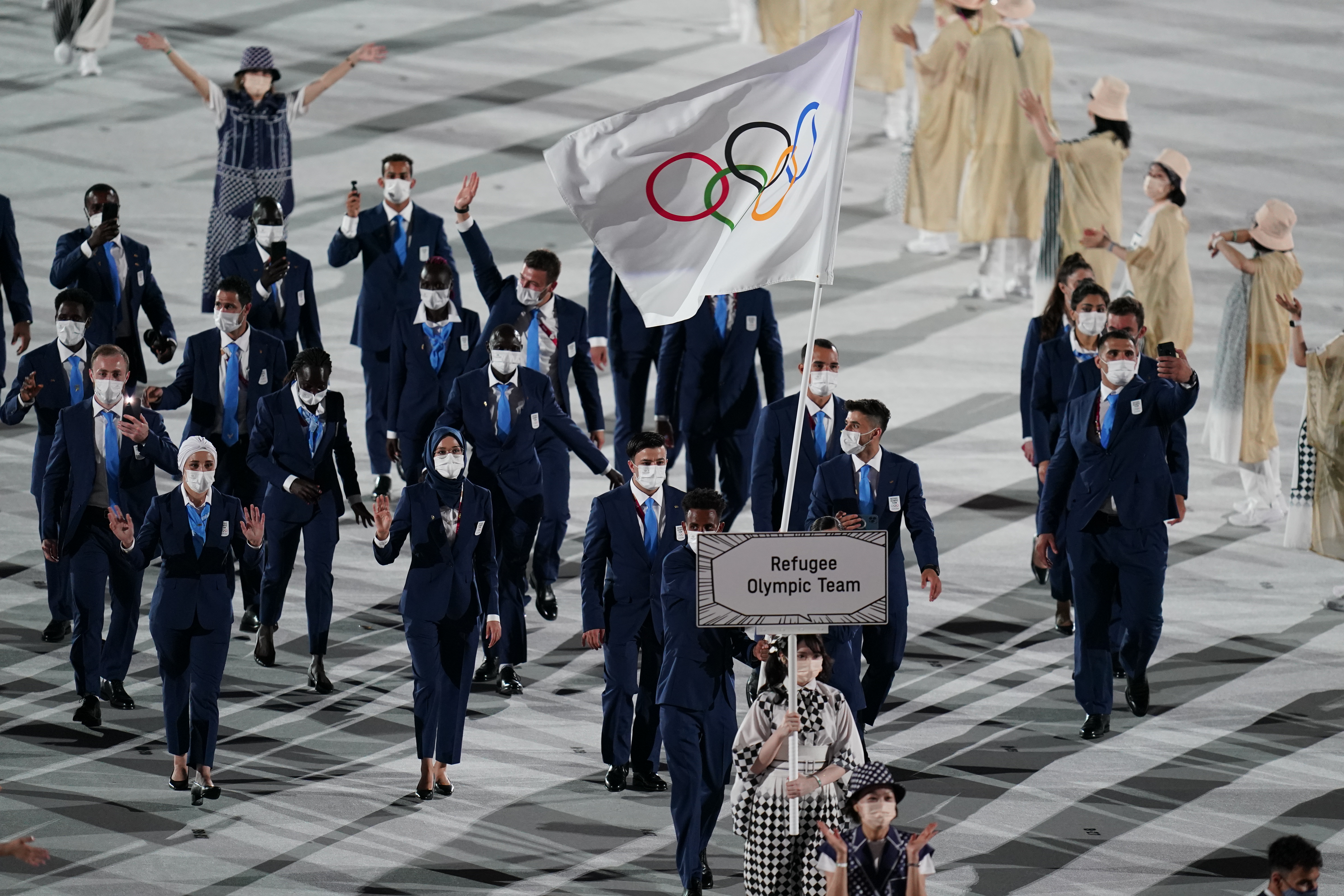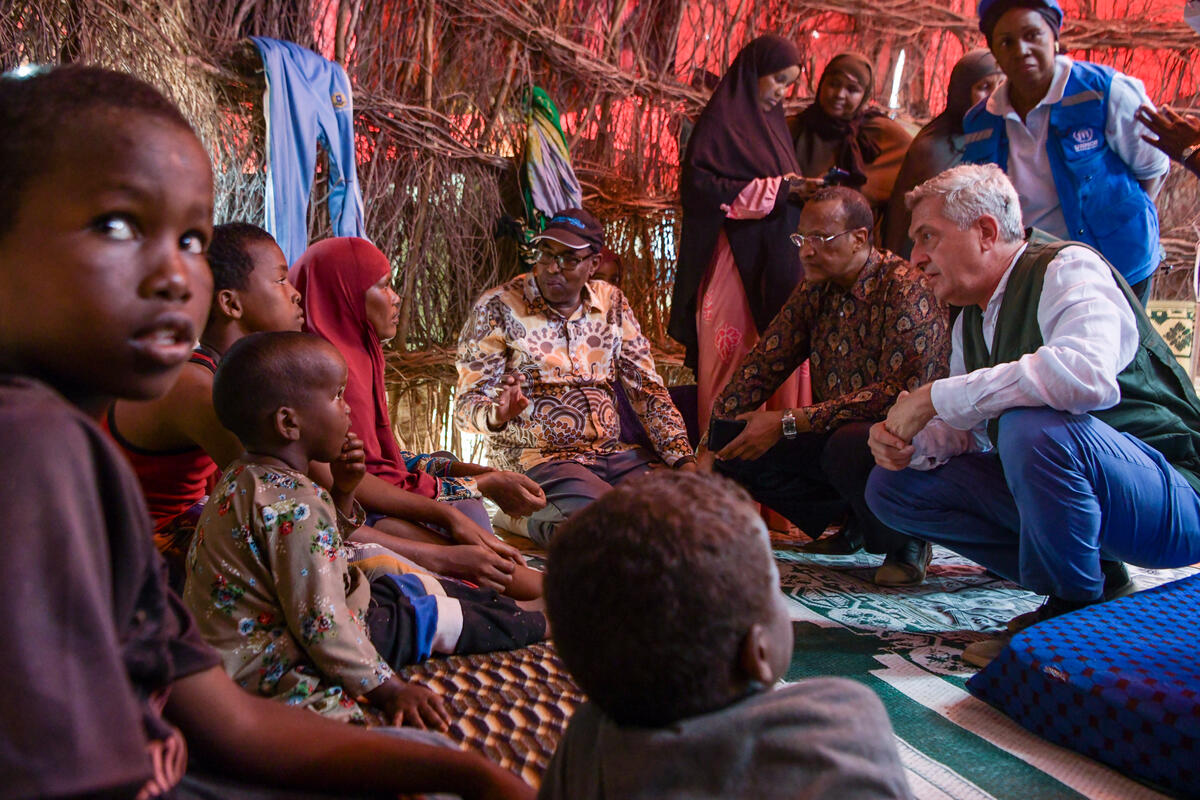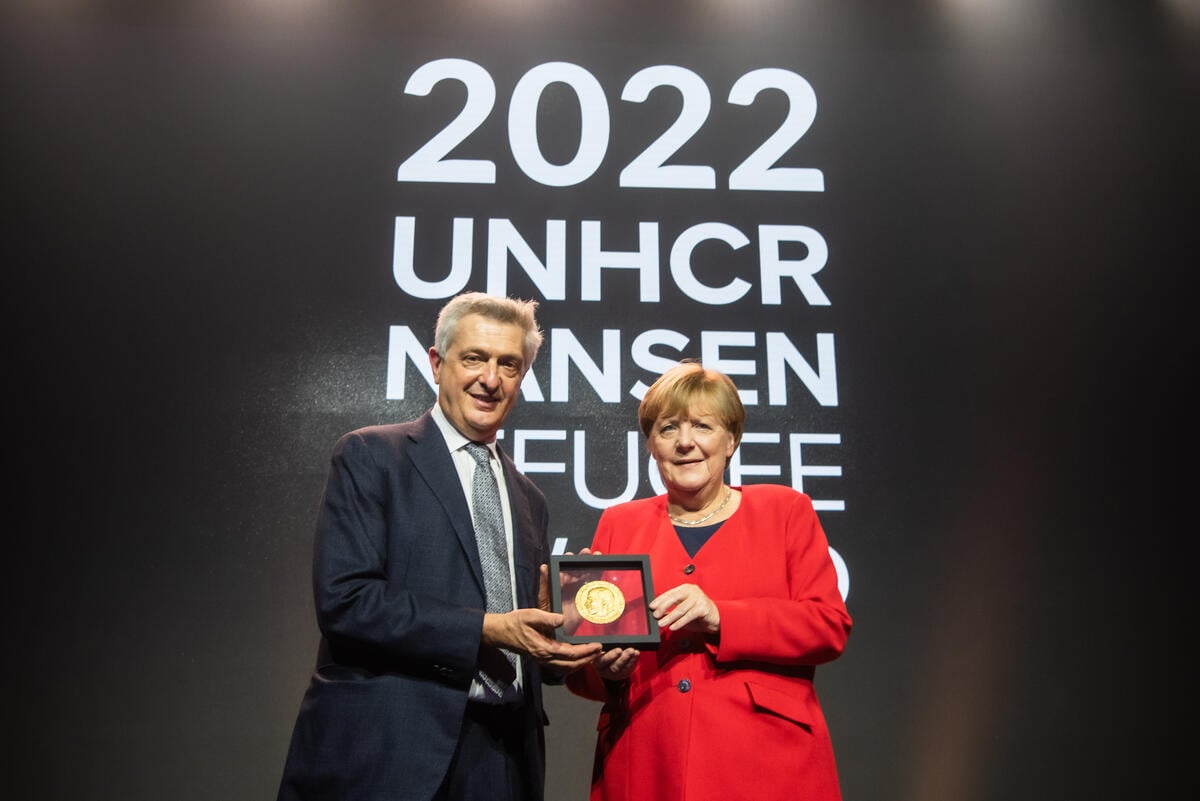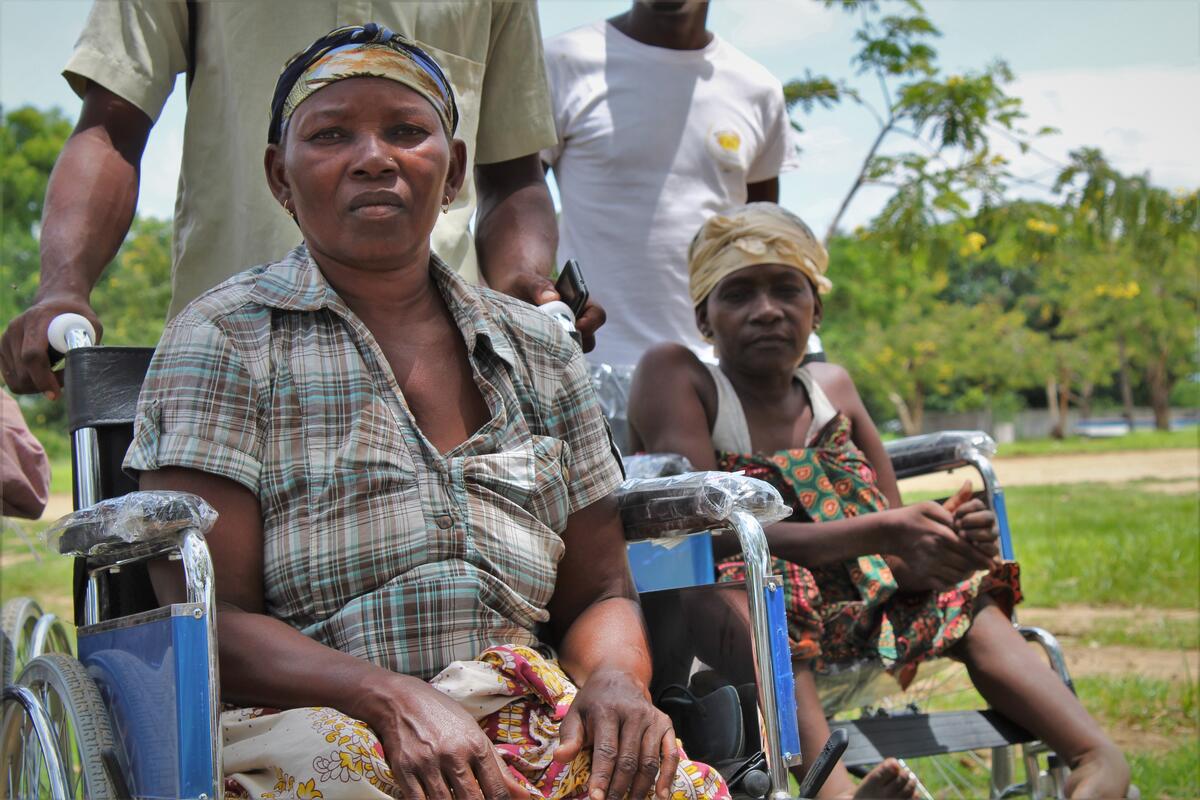Don't give terror groups propaganda says Guterres
Don't give terror groups propaganda says Guterres

GENEVA, Dec 10, (UNHCR) - The head of the UN Refugee Agency António Guterres has warned that anti-Muslim rhetoric, including pressure for tighter border controls, could backfire and play into the hands of terror groups.
"What you are saying (with this) is the best possible propaganda for terrorist organizations," Guterres said. To heavy applause, he added at a TED Global forum in Geneva on Tuesday (December 7): "It is just telling them, 'you are right, we are against you'."
Guterres, who was replying to a question about Republican presidential candidate Donald Trump's call for a "lock down" on Muslims entering the United States, warned that this and other such statements would be heard by "all Muslims in Europe" and the rest of the world, and the words would be twisted by extremist groups to help "in recruiting for terror attacks".
The UN High Commissioner for Refugees, who steps down at the end of December after 10 years leading the organization, said it remained his "deep belief" that this year's large refugee movements into Europe had nothing to do with recent attacks.
Noting the thousands of Europeans who had gone to fight alongside such groups in Syria, Guterres stressed that much of the problem was homegrown and partly blamed "the failure of past integration policies" which had failed to anchor previous generations firmly enough in new home countries.
"Prove these groups wrong by welcoming and integrating these people," he said and called for much stronger commitment and investment in future policies to promote social cohesion.
Even before last month's Paris attacks, many European countries were already talking about closing their borders to refugees - or actually doing so - because of the sheer weight of numbers.
However, much of the rhetoric connecting refugees and acts of violence has also come from the United States where some politicians have threatened to close their doors to Syrian refugees. The US House of Representatives also voted overwhelmingly to suspend President Barack Obama's programme to resettle 10,000 Syrian refugees and intensify the process of screening them.
Guterres, who was participating in a TED Global event on the theme of Critical Junctures, said that during his time in office the nature of conflict had changed and the world become a more dangerous and complex place, resulting in over 60 million people today forcibly displaced by war or persecution, more than at any time since World War II.
Guterres said that many people had fled this year from Syria after losing hope of any end in sight to the conflict there.
"There was no light at the end of the tunnel," he declared, noting that 87 per cent of Syrians in Jordan and 90 per cent in Lebanon lived below the poverty line and only about half the children attended any school, but then rations were cut further as a result of a lack of funds.
"There was a vacuum, people started to move… if I had been there myself I would have had enough," he explained.
However, he said the situation had then been made worse because Europe was unprepared and divided about how to receive them.
"This is something which could have been managed if Europe had come together… it is perfectly manageable, if this is managed," he said and repeated that countries should not go their own way on the issue. "We need more Europe not less Europe."
Guterres stressed that most refugees still went to other countries in the developing world and praised African, Middle Eastern and Asian countries where he said the tendency was still "to keep borders open."
By Jonathan Clayton, Geneva








